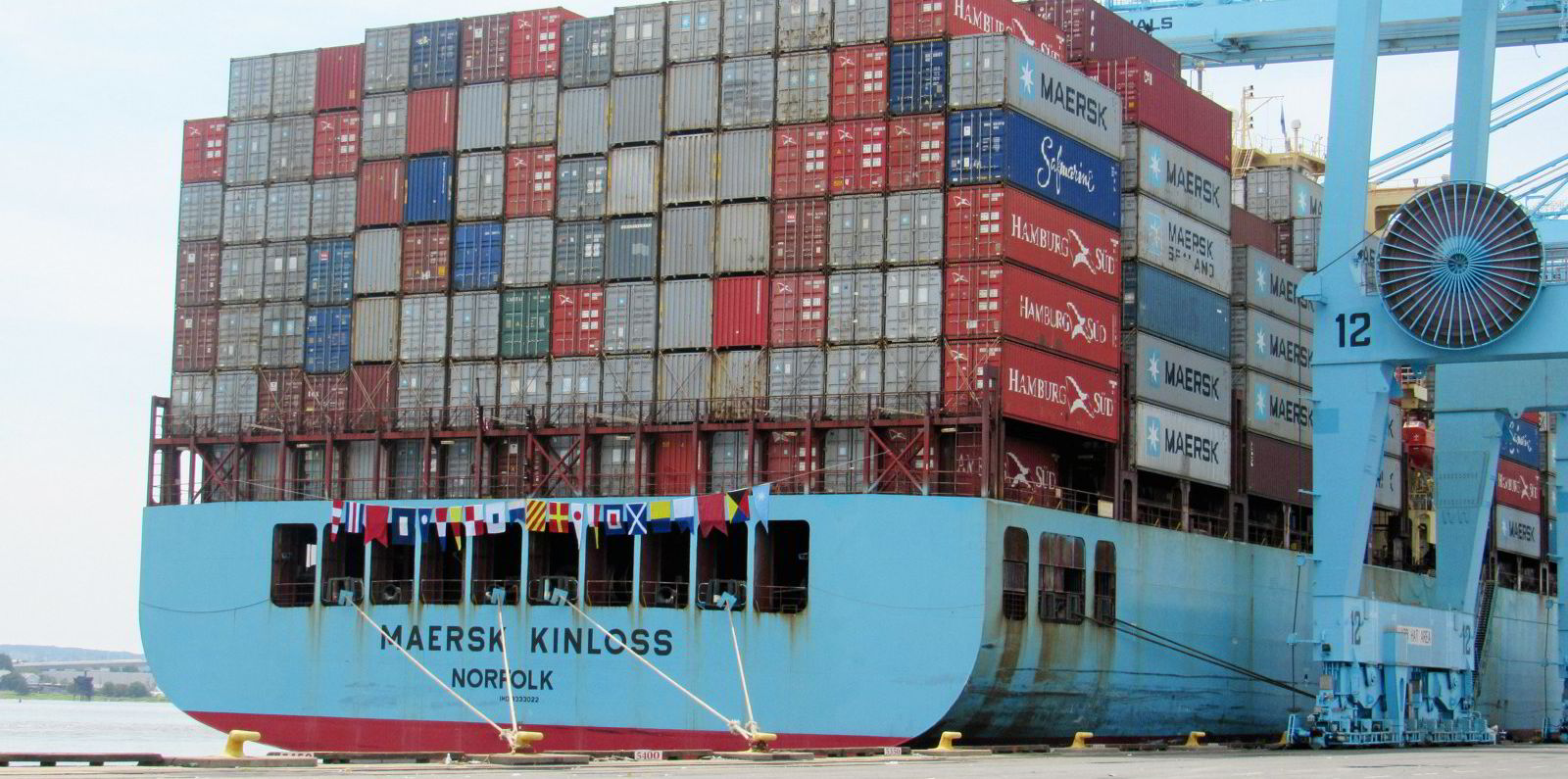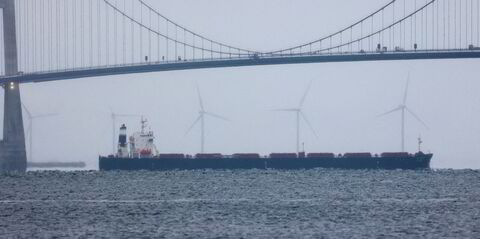Two US congressmen have drawn up legislation intended to ensure that foreign ocean carriers take US exports.
John Garamendi, a Democrat representing California, and Dusty Johnson, a South Dakota Republican, propose the Ocean Shipping Reform Act of 2021 as a "first major update" to laws enacted in 1998.
“Foreign businesses’ access to the American market and its consumers is a privilege, not a right," Garamendi said in a statement.
He said California farmers pay for trade access to key Asia-Pacific markets, so overseas companies looking to import into the US must provide equitable export opportunities.
"Now is the time to ensure reciprocal opportunities for American exporters in trade with other countries to reduce the United States’ trade imbalance with cheap Asian imports," he said.
Johnson said foreign ocean carriers "aren’t playing fair" by accepting foreign exports over US exports during the pandemic.
In April 2020, the Federal Maritime Commission (FMC) began studying US port congestion, expanding the probe seven months later into reports of carriers refusing US exports.
In late July, the FMC began assessing carrier compliance with federal detention and demurrage laws and stepped up monitoring of the marketplace.
The reform act's key objectives include establishing reciprocal trade and requiring carriers to follow service standards that meet the public interest and reflect best shipping practices.
It would also require carriers and terminal operators to certify detention and demurrage charges' lawful compliance and ban them from declining reasonable US exports.
The bill also shifts burden of proof regarding "reasonableness" of detention or demurrage charges from the invoiced party to the ocean carrier or marine terminal operator.
'Congestion is widespread'
The World Shipping Council (WSC) has pushed back against the legislation, saying it unfairly suggests ocean carriers are solely responsible for the current supply-chain congestion.
The WSC also argued that the bill ignores the fact that supply-chain participants are working together to end the disruption.
"The supply chain congestion is widespread," the council said in a statement.
"It is unrealistic, inequitable, and unproductive to try to address these supply chain-wide challenges by regulating only one class of supply chain participants — ocean carriers.
The WSC said the legislation is "doomed to fail" by blaming ocean carriers for the congestion while making them responsible for third-party availability of chassis, trucks and rail cars.
"This approach will not improve supply chain performance, and it risks undermining the regulatory and market structure that has served the nation’s international trade well for many decades," the WSC said.
"It is possible to make the situation worse, and this bill would do just that."






